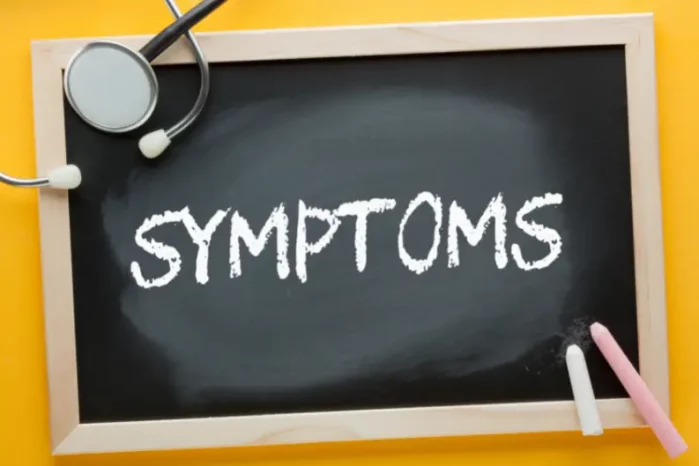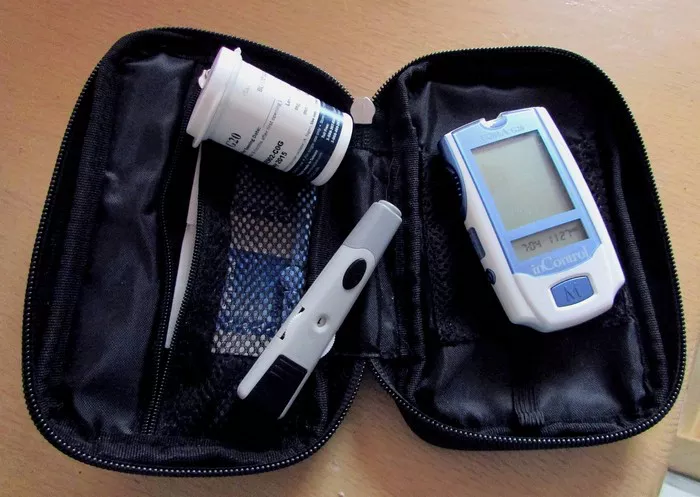Herpes simplex virus type 1 (HSV-1) is a common virus that typically causes oral herpes, characterized by cold sores or fever blisters around the mouth. However, it can also affect the genital area, leading to genital herpes. While HSV-2 is the primary cause of genital herpes, HSV-1 is increasingly being recognized as a significant contributor to genital herpes cases. Understanding HSV-1 genital herpes is crucial for effective management and prevention strategies.
HSV-1 and Genital Herpes: How Does it Happen?
HSV-1 is highly contagious and primarily spreads through oral-to-oral contact, such as kissing or sharing utensils. However, it can also be transmitted through oral-genital contact, leading to genital herpes. This transmission route has become more common due to changing sexual behaviors, such as oral sex practices.
Once the virus enters the body, it travels to nerve cells near the base of the spine and remains dormant. Periodically, the virus can reactivate, causing outbreaks of symptoms. Factors like stress, illness, weakened immune system, or hormonal changes can trigger these recurrences.
Symptoms of HSV-1 Genital Herpes
The symptoms of HSV-1 genital herpes are similar to those of HSV-2 infection. However, they may be less severe and less frequent. Common symptoms include:
Painful Sores: Small, red bumps or blisters may appear on the genitals, buttocks, thighs, or rectal area. These sores can be painful and may burst, forming ulcers before crusting over and healing.
Itching and Burning Sensation: Before the appearance of sores, individuals may experience itching, tingling, or burning sensations in the genital area.
Flu-like Symptoms: Some people may experience flu-like symptoms during the initial outbreak or subsequent recurrences, including fever, headache, muscle aches, and swollen lymph nodes.
It’s important to note that some individuals infected with HSV-1 may not experience any noticeable symptoms, making diagnosis challenging.
Diagnosis and Testing
Diagnosing HSV-1 genital herpes typically involves a physical examination and laboratory tests. Healthcare providers may examine the genital area for sores and collect samples from the lesions for testing. Common diagnostic tests include viral culture, polymerase chain reaction (PCR) testing, and blood tests to detect HSV antibodies.
Treatment and Management
While there is no cure for HSV-1 genital herpes, antiviral medications can help manage symptoms, reduce the frequency and severity of outbreaks, and lower the risk of transmission to sexual partners. Commonly prescribed antiviral drugs include acyclovir, valacyclovir, and famciclovir. These medications are most effective when taken at the first sign of symptoms or during recurrent outbreaks.
In addition to antiviral therapy, other management strategies include:
Pain Relief: Over-the-counter pain relievers such as ibuprofen or acetaminophen can help alleviate discomfort associated with genital herpes sores.
Keeping the Genital Area Clean and Dry: Gentle cleansing of the affected area with warm water and mild soap can promote healing and prevent secondary infections.
Avoiding Sexual Activity During Outbreaks: Refraining from sexual activity, including oral sex, during outbreaks can reduce the risk of transmitting the virus to a partner.
Using Condoms: Consistent and correct use of condoms during sexual activity, including oral sex, can lower the risk of HSV transmission but may not provide complete protection due to viral shedding from areas not covered by condoms.
Communicating with Sexual Partners: Open and honest communication with sexual partners about HSV-1 genital herpes status is essential for preventing transmission. Partners should be informed about the risks and encouraged to undergo testing if necessary.
Managing Stress: Stress can trigger HSV outbreaks, so practicing stress-reduction techniques such as exercise, meditation, or yoga may help prevent recurrences.
Prevention Strategies
Preventing HSV-1 genital herpes involves reducing the risk of exposure to the virus and taking steps to prevent transmission. Key prevention strategies include:
Avoiding Close Contact with Infected Individuals: Avoid kissing or engaging in sexual activity with individuals experiencing oral or genital herpes outbreaks.
Using Barrier Methods: Consistent and correct use of condoms during sexual activity, including oral sex, can reduce the risk of HSV transmission. However, it’s important to note that condoms may not provide complete protection, as the virus can be shed from areas not covered by condoms.
Limiting the Number of Sexual Partners: Having fewer sexual partners can reduce the risk of HSV transmission. Long-term, mutually monogamous relationships with a partner who has been tested and does not have HSV can lower the risk of acquiring the infection.
Regular Testing and Screening: Individuals who are sexually active, especially those with multiple partners, should undergo regular testing for sexually transmitted infections, including HSV. Early detection and treatment can help prevent transmission to others.
Educating Yourself and Others: Understanding the risk factors, symptoms, and transmission routes of HSV-1 genital herpes can empower individuals to make informed decisions about their sexual health. Educating others about the importance of safer sex practices and regular testing can help prevent the spread of the virus.
Conclusion
HSV-1 genital herpes is a common but often misunderstood condition that can cause significant physical and emotional distress. While there is no cure, effective management strategies, including antiviral medications and preventive measures, can help individuals control symptoms, reduce outbreaks, and lower the risk of transmission to sexual partners. By promoting awareness, education, and open communication about HSV-1 genital herpes, we can work towards reducing the stigma associated with the infection and improving overall sexual health outcomes.

























